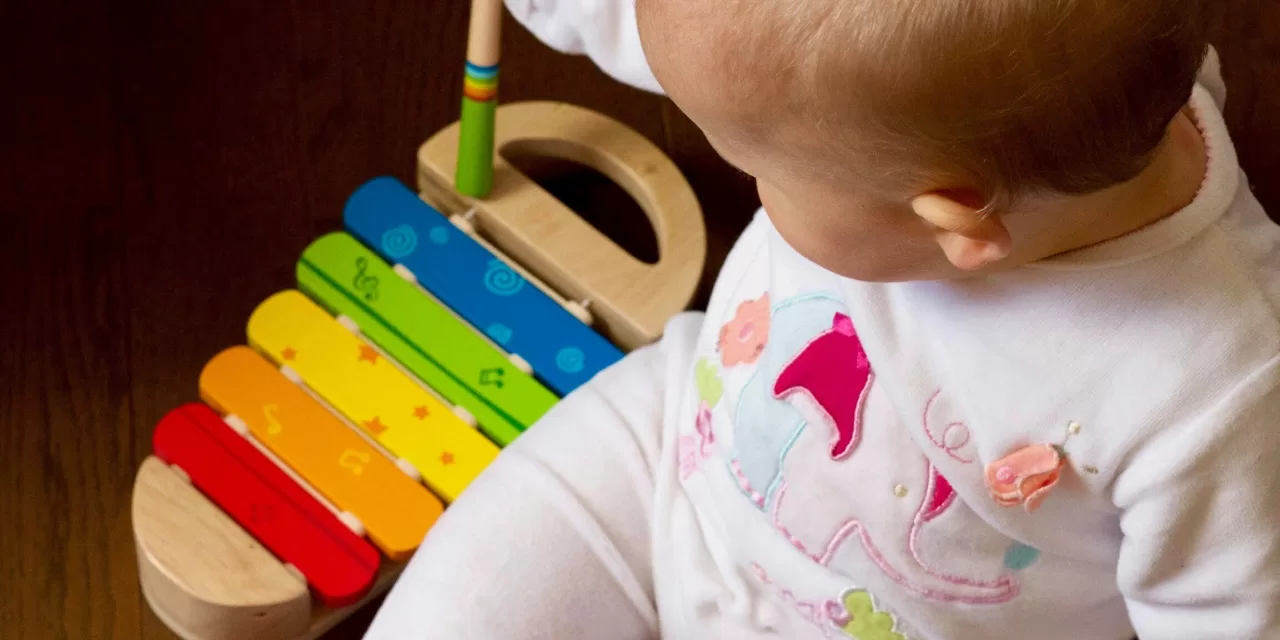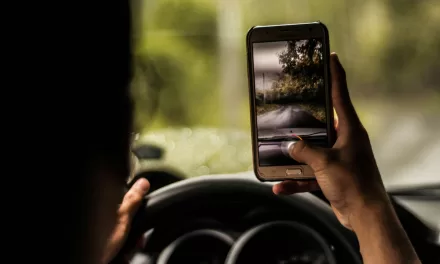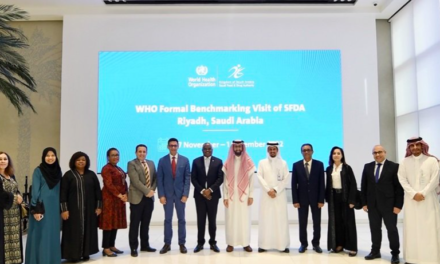Helsinki, Finland – A groundbreaking innovation in pediatric healthcare has emerged with the development of the MAIJU (Motor Assessment of Infants with a Jumpsuit), an AI-powered wearable designed for at-home assessment of early motor development. This innovative jumpsuit promises to provide accurate, objective, and globally comparable monitoring of infant motor skills, addressing the limitations of current assessment methods.
Traditional methods of monitoring infant motor development, which rely on parental observations and periodic medical appointments, often lack the precision and consistency needed for early detection of potential developmental delays. Recognizing this gap, researchers developed MAIJU, a multisensor-equipped jumpsuit that leverages sophisticated AI algorithms to analyze a child’s movements during natural play at home.
The MAIJU jumpsuit records a child’s activity, allowing the AI algorithms to determine if the child has reached specific motor milestones, track time spent in various postures, and monitor the consistency of development over time. This data-driven approach aims to provide a comprehensive and objective assessment of a child’s motor skills, crucial for early intervention and support.
A recent study, published in the journal Pediatrics, demonstrated the remarkable accuracy of the MAIJU system. The AI algorithms were found to identify motor milestones with the same precision as trained specialists involved in a multinational reference study conducted by the World Health Organization (WHO).
“This technique brings objectivity and global harmonization to the assessment of motor development. It also boosts regional equality in children’s developmental assessment both nationally and internationally,” stated Professor Sampsa Vanhatalo, the principal investigator of the research.
The study involved 620 at-home measurements of 134 children aged 4 to 22 months. The results confirmed the reliability and objectivity of the MAIJU jumpsuit for developmental assessment in a home setting. The detailed data obtained through at-home measurements and AI analysis can be utilized for various purposes, including screening for developmental delays, evaluating rehabilitation effectiveness, and conducting large-scale multinational studies.
“The MAIJU jumpsuit opens up new opportunities for monitoring children’s development, making it equal across Finland and the world. The MAIJU method also offers a unique opportunity to investigate the effects of the growth environment or nutrition on development,” said Postdoctoral Researcher Manu Airaksinen, who led the technical development of the jumpsuit.
The researchers believe that the MAIJU system holds significant potential for transforming early childhood development monitoring, providing a more accessible and equitable approach to identifying and addressing motor development concerns.
More information: Manu Airaksinen et al, Assessing Infant Gross Motor Performance With an At-Home Wearable, Pediatrics (2025). DOI: 10.1542/peds.2024-068647
Disclaimer: The information provided in this news article is based on the research findings and statements provided by the researchers. While the MAIJU jumpsuit demonstrates promising results, it is important to consult with a qualified healthcare professional for any concerns regarding infant motor development. This technology should be considered as a supplementary tool and not a replacement for professional medical advice. The availability and commercialization of the MAIJU jumpsuit may vary, and further research and regulatory approvals may be required.












